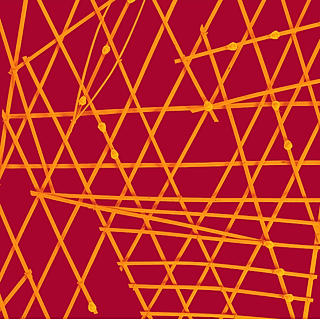Traces of a hunter-gatherer substrate in Greek
- Admin
- Sep 8, 2017
- 1 min read

The Greek language is notable for its large substrate lexicon, consisting of over 1,000 non-Indo-European words.
These non-Indo-European words can be divided into distinct groups:
1) Pre-Greek words that are restricted to Greece and the Aegean.
This group dates back approximately 9,000 years to the period when the first farmers settled in Greece. As such, it can also be referred to as the agricultural substratum.
2) "Mediterranean" words with cognates in Latin, Armenian, Akkadian, and other languages of the near east.
3) "European" words that have no Indo-European root, but which do occasionally crop up in other IE languages. (According to Edzard J. Furnée and Robert Beekes).
These words are incommensurable with IE morphology and phonology.
What is all the more remarkable is that they might constitute part of the vocabulary of Greece's former hunter-gatherer population.
Examples

Further Reading
Subscribe to our mailing list below and share your thoughts and comments.
Like what I'm doing, support me here: https://www.patreon.com/glyph



















Comments